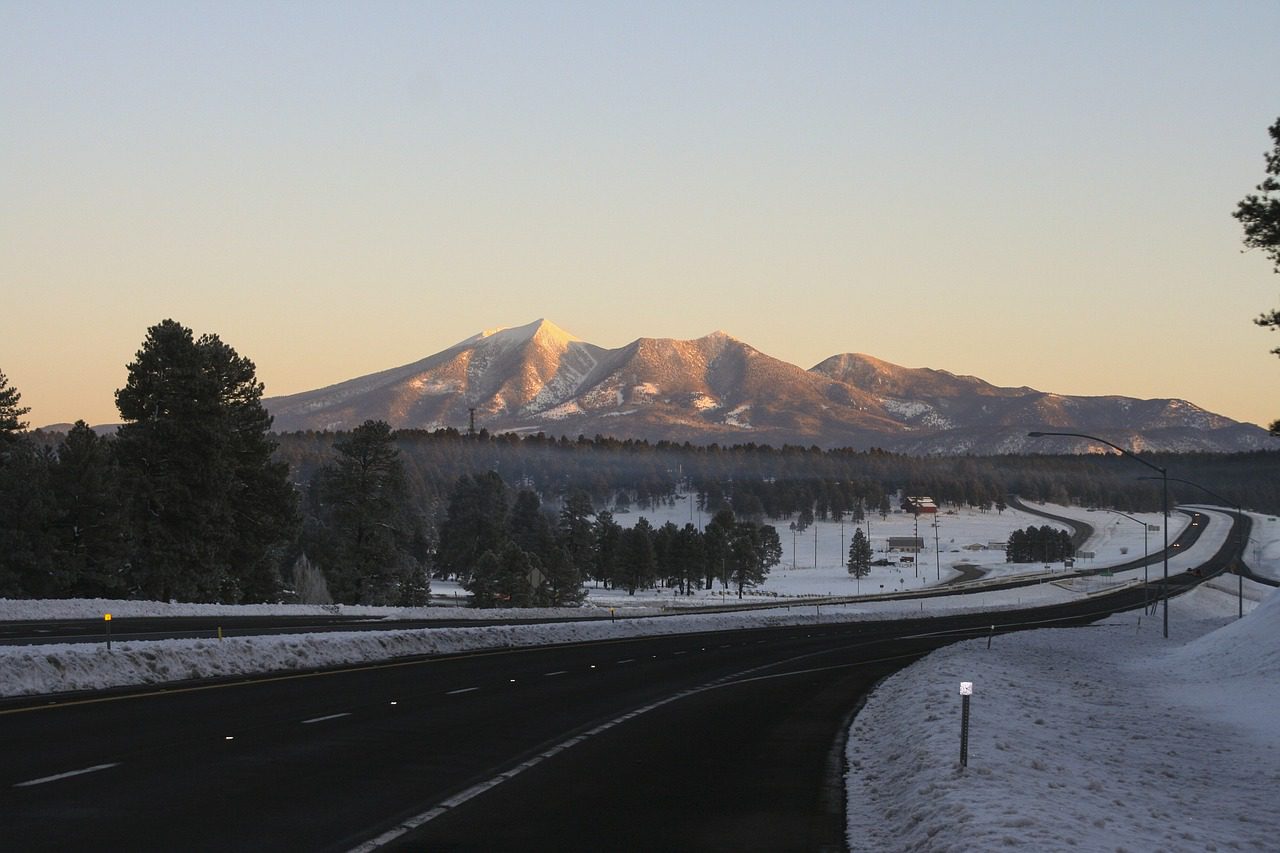February 9, 2023 – Arizona is facing huge cuts in water deliveries from the Colorado River this year and as a consequence, may need to rely more on groundwater supplies.
The Herald/Review reports that “Terry Goddard, Central Arizona Water Conservation District Board of Directors president, told the state Legislature it was time to start looking at the worst case scenario when it comes to the state’s water supply. The worst case scenario in question — Arizona losing its water supply from the Colorado River completely.”
reports that “Terry Goddard, Central Arizona Water Conservation District Board of Directors president, told the state Legislature it was time to start looking at the worst case scenario when it comes to the state’s water supply. The worst case scenario in question — Arizona losing its water supply from the Colorado River completely.”
This ultimately means that groundwater users will start facing more regulation. On January 9, 2023, Governor Katie Hobbs issued an Executive Order to establish the Governor’s Water Policy Council  which is tasked with modernizing the Arizona Groundwater Management Act, the state’s playbook for protecting its groundwater. The group will update groundwater management tools and protect groundwater, which serves as 41 percent of the state’s water supply, according to the Department of Water Resources
which is tasked with modernizing the Arizona Groundwater Management Act, the state’s playbook for protecting its groundwater. The group will update groundwater management tools and protect groundwater, which serves as 41 percent of the state’s water supply, according to the Department of Water Resources .
.
Groundwater protection deserves local input, as pointed out by The Herald/Review , which writes after interviewing rural authorities, “While there may not be a silver bullet, two themes emerged. First, rural groundwater management needs to have more local input. Second, to successfully manage groundwater supplies, a broader approach must be taken other than restricting the amount of water being pumped.”
, which writes after interviewing rural authorities, “While there may not be a silver bullet, two themes emerged. First, rural groundwater management needs to have more local input. Second, to successfully manage groundwater supplies, a broader approach must be taken other than restricting the amount of water being pumped.”
Local Groundwater Stewardship.
That sentiment is echoed in a letter to state legislators supporting SB 1306 and HB 2731, Local Groundwater Stewardship Areas . The February 6 letter [PDF]
. The February 6 letter [PDF] . signed by officials from several local governments and activist groups, states:
. signed by officials from several local governments and activist groups, states:
Stewardship Areas will provide rural communities with much-needed new funding and an opt-in, locally-adaptable approach to groundwater management that puts local communities in the driver’s seat of our water future. We believe this approach provides balance, provides value for rural economic sectors including agriculture, and will help ensure stability for our communities, farms, businesses, and way of life.
Our communities have seen first-hand what happens when our groundwater supplies dwindle, our wells run dry and our drinking water and local food supply is put at risk. We can no longer be forced to choose between unlimited pumping of groundwater, often our only water supply, and rigid Active Management Areas that were originally intended for urban, central Arizona.
Stewardship Areas give us a new alternative, one that empowers local communities with choice, while ensuring transparency and accountability on the local level and through the Arizona Department of Water Resources. Through this innovative approach, we can tailor groundwater protection to best fit our local needs and goals, supported by technical experts.
Supporters of the Local Groundwater Stewardship Areas legislation include officials from Mohave, Yavapai, Coconino and La Paz Counties, officials representing the cities and towns of Tusayan, Flagstaff, Kingman, Prescott, and Pine/Strawberry, and representatives of organizations including Willcox Basin, San Simon Basin, Rural Arizona Action, Mohave County Water Authority, Grand Canyon Trust, Northern Arizona Municipal Water Users Association, Water for Arizona Coalition, Audubon Society, Freshwater Policy Consulting, and AZ Council of Trout Unlimited. The broad coalition includes northern, southern and western Arizona.
Water for Arizona writes in its fact sheet on the proposed legislation that “No new taxes or fees are necessary or authorized. Instead, $50 million/ year is dedicated from state lottery funds for administration, technical support, and implementation including supporting water users in efforts to conserve and augment groundwater supplies. Numerous types of voluntary conservation programs and incentives could be customized and funded for agricultural, industrial, and municipal users to help meet Stewardship Area goals.”
writes in its fact sheet on the proposed legislation that “No new taxes or fees are necessary or authorized. Instead, $50 million/ year is dedicated from state lottery funds for administration, technical support, and implementation including supporting water users in efforts to conserve and augment groundwater supplies. Numerous types of voluntary conservation programs and incentives could be customized and funded for agricultural, industrial, and municipal users to help meet Stewardship Area goals.”


Leave a Reply